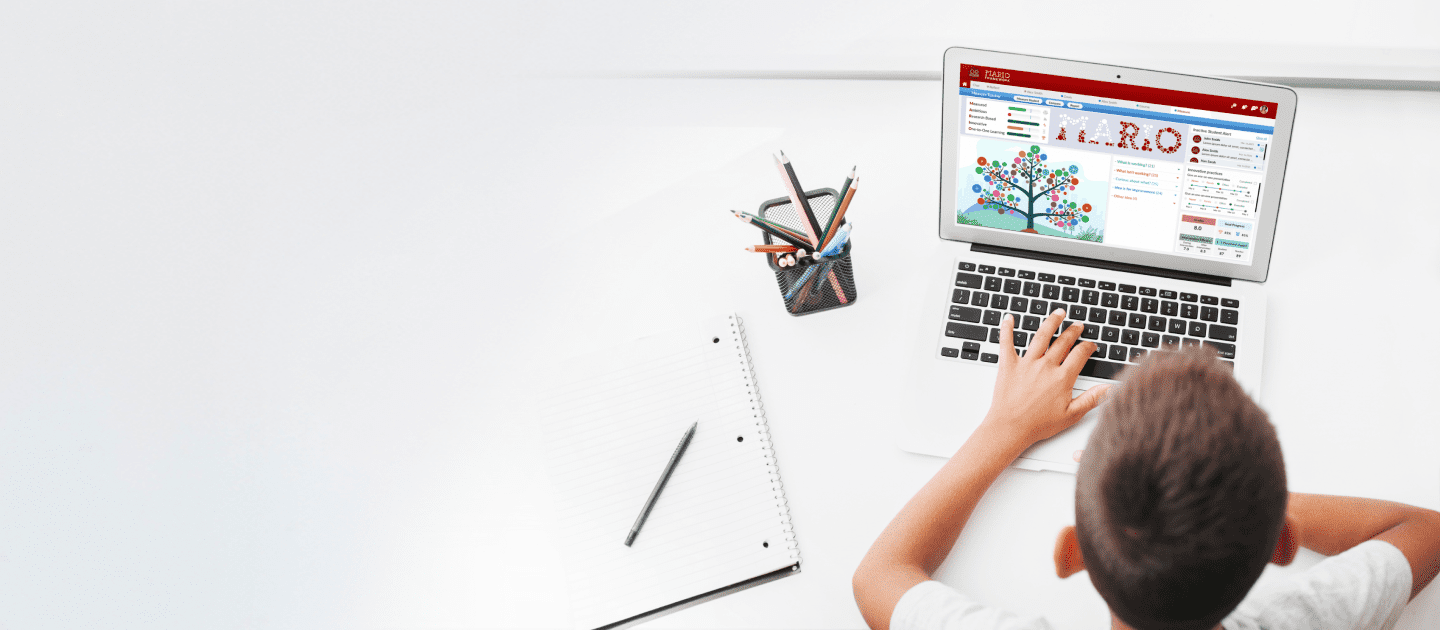
Artificial Intelligence Enabled Personalized Assistive Tools To Enhance Education of Children With Neurodevelopmental Disorders
Erik de Corte describes a progression in which earlier behaviorism gave way increasingly to cognitive psychology with learning understood as information processing rather than as responding to stimuli.
14 Apr 2024

